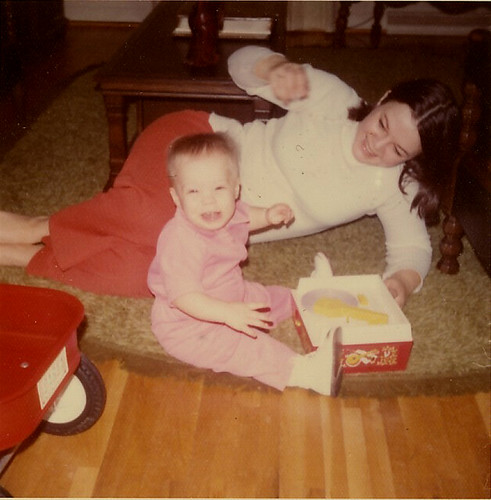About a month ago I wrote a post on the value of music to children's cognitive development.
But there is so much more to music than what it can do for developing brains.
No matter who we are, life will bring us challenges that stretch or even break us. I share one of my own here. Music helped me through my grief. It helped me process my questions and gave me something to turn my mind to when it was consumed with anxious and negative thought. As a mother, I want to give my children as many tools as possible for enduring hard times, and music is one of the best I have found.
*A quick disclaimer so it won't distract you grammar Nazi types from the real message of the song: It uses the word "clinged". I now know this is not an actual word and the word is "clung". I didn't want to rerecord it because this is the video that I recorded soon after the actual event about 1.5 years ago. Also, I have a real prejudice against the "uh" vowel, so I'm holding out hope that "clinged" is added to the dictionary in the near future. :) The updated lyrics are at the end of the post.
The baby had a heart beat.
It was slow.
My own heart rose and sank.
"Your dates must be off," the doctor said, but I knew there was no way. "Well, if you're right, and if I'm using the machine correctly, there's a good chance you'll miscarry. We should know in a few days." I looked at the doctor. He didn't seem very doctorly. A stressed button on his shirt had come undone, and I could see his hairy belly. Maybe he really didn't know how to use the machine.
I had dreamed of this baby. She was a little girl. We named her Elenora. I'd wanted her since my oldest was six months old. My actual dreams were strange, though. Everywhere we went we forgot her. She couldn't cry out to us. My pregnancy terminated. I would never admit to believing my dreams were premonitions, but what if my body really was telling me something.
I went home and furiously searched the internet. If the chart I found was correct, there was a 79% chance of miscarriage. I asked my husband to pray with me. We asked that whatever was to happen would happen quickly. I felt that God was aware of my situation. I also felt like this pregnancy was not going to last.
The next day it all began. I was bleeding. I went in to see the doctor. They sent me to an imaging specialist. There was still a heart beat. It matched the measurements. The specialist congratulated me with enthusiasm, but I knew he was wrong.
It was Easter weekend and my bleeding picked up. I missed conducting the choir for Easter services. I also missed my son's first Easter egg hunt. The process was drawn out. It took about a week. I stayed home, grateful to the friends who watched my toddler while my body worked and I grieved. I thought how unfair it is that miscarriage leaves you with only the worst memories of pregnancy and nothing to show for it. I felt the loneliness of womanhood as I realized that no major faith provided real answers as to the state of this child's soul. I didn't even know if it had a soul.
Knowing the frequency with which women experience pregnancy loss didn't take away the grief, but it did give me confidence that I would recover. Because so many women have experienced this, and those who haven't, fear it, I was blessed with friends who understood and who brought meals, watched my son, and listened. From this experience I began to understand real friendship and sisterhood. It is in the spirit of that sisterhood that I share this song.
I didn't have a yard for burial or anything tangible to memorialize the tiny being that lived in me for eight weeks, but when I wrote this song, that is when I felt healing. This is how I will always remember this child and the dear friends whose kindness lifted me up.
Lyrics
Lyrics
I never held you in my arms at all
You tiny fingers didn’t cling to mine
I never kissed your precious cheeks
Months of hoping ended with just eight weeks
I never soothed your newborn cries
I never watched you wonder at the world
I never saw that first sweet smile
We never slept next to each other
You never met your older brother
And sometimes I question, why?
And will we ever meet again?
Will it be in this life or in the next?
Did I give you all you needed
Or was it just not time?
And who will I be to you then?
Will you call me mother or just a friend?
Do you belong to me forever
Do you belong to me forever
Or were you never really mine?
I never stayed up nights to care for you
I never worried when you were sick
I never gave what mothers give
For my child who didn’t live to live
You’ll never know how you were loved
So if we ever meet again
So if we ever meet again
Will it be in this life or in the next?
Did I give you all you needed
Or was it just not time?
And who will I be to you then?
Will you call me mother or just a friend?
Do you belong to me forever
Or were you never really mine?
And if we ever meet again
Will it be in this life or in the next?
Do you belong to me forever
Or were you never really mine?
Or were you never really mine?





















